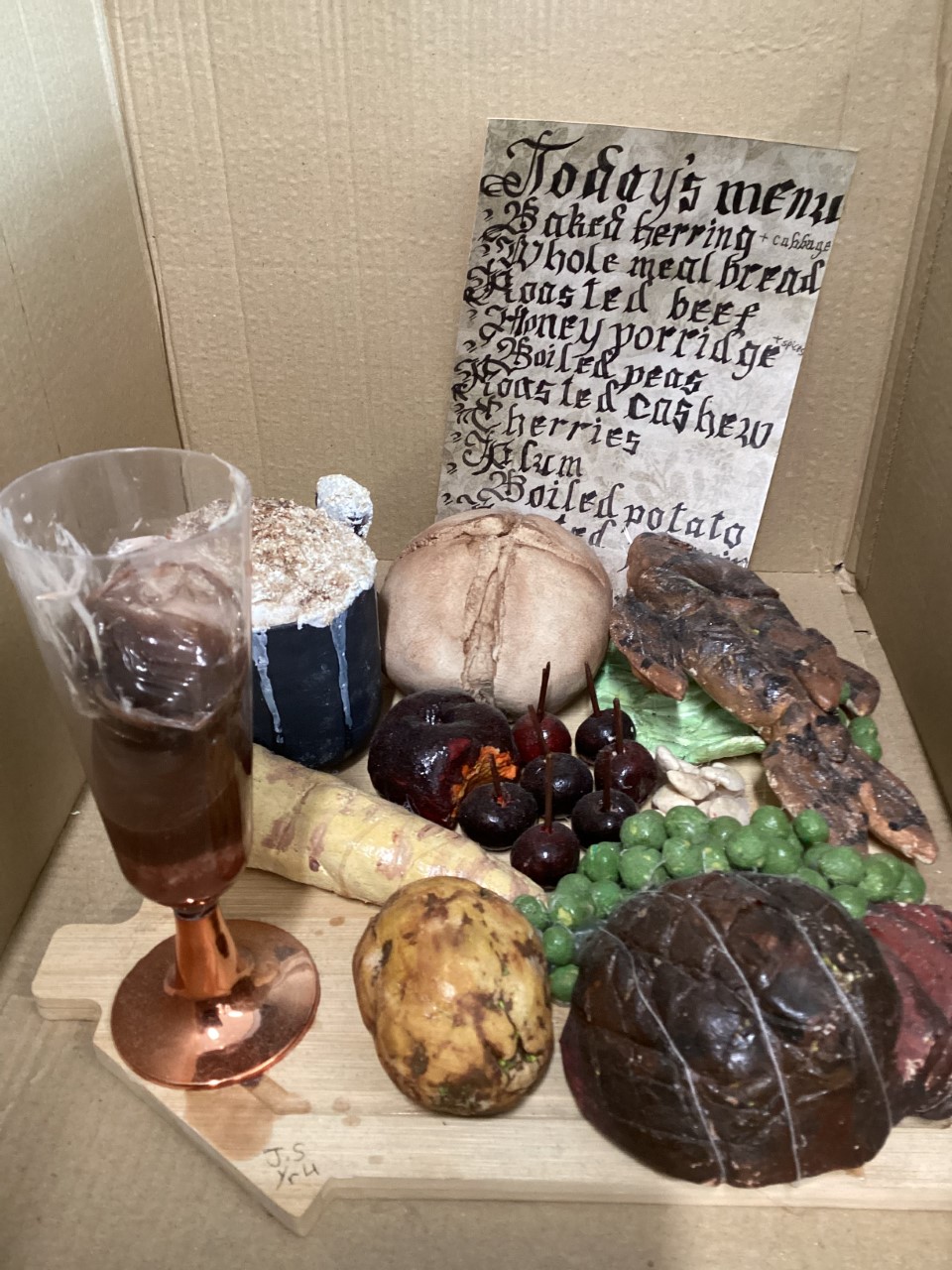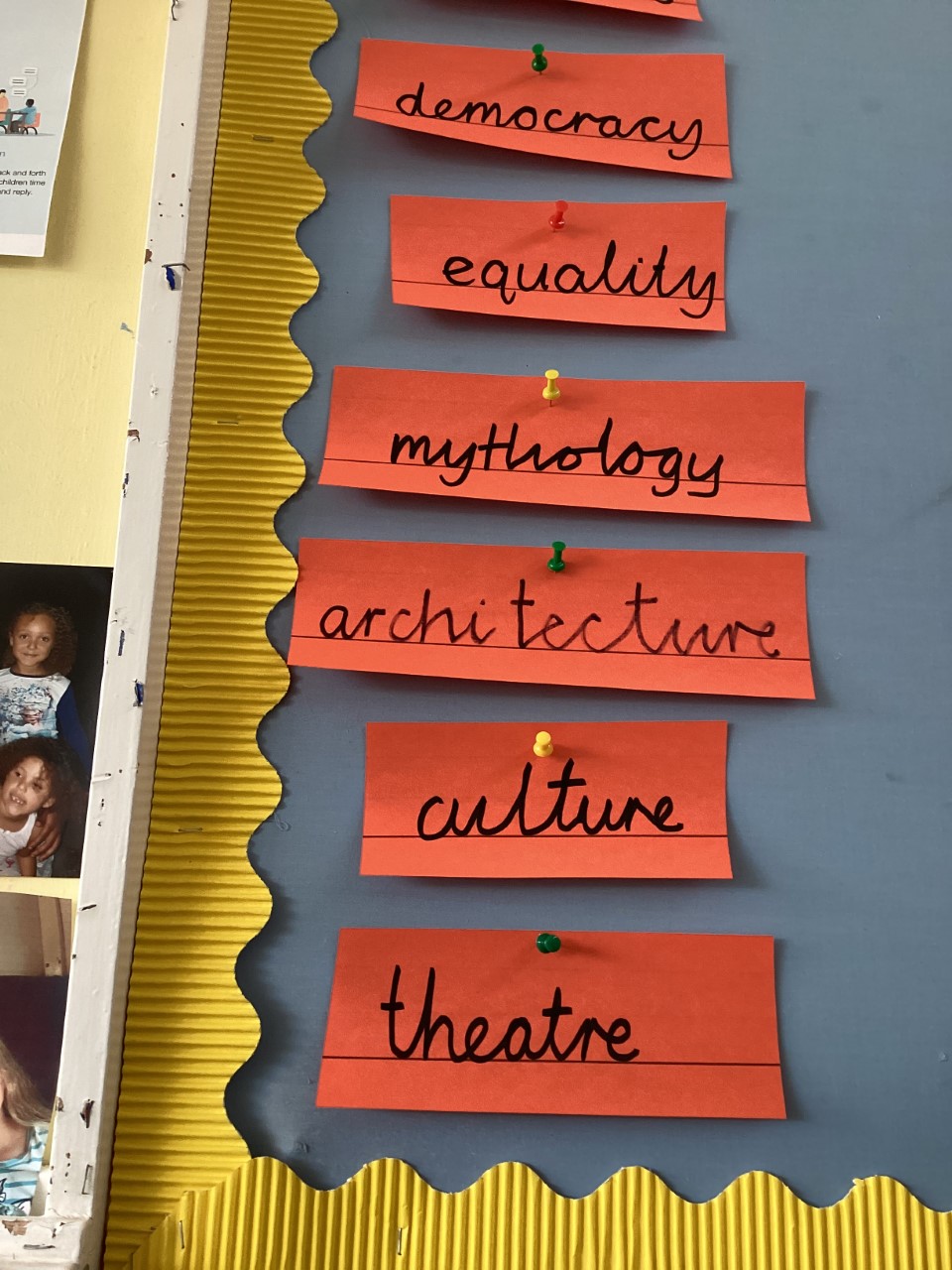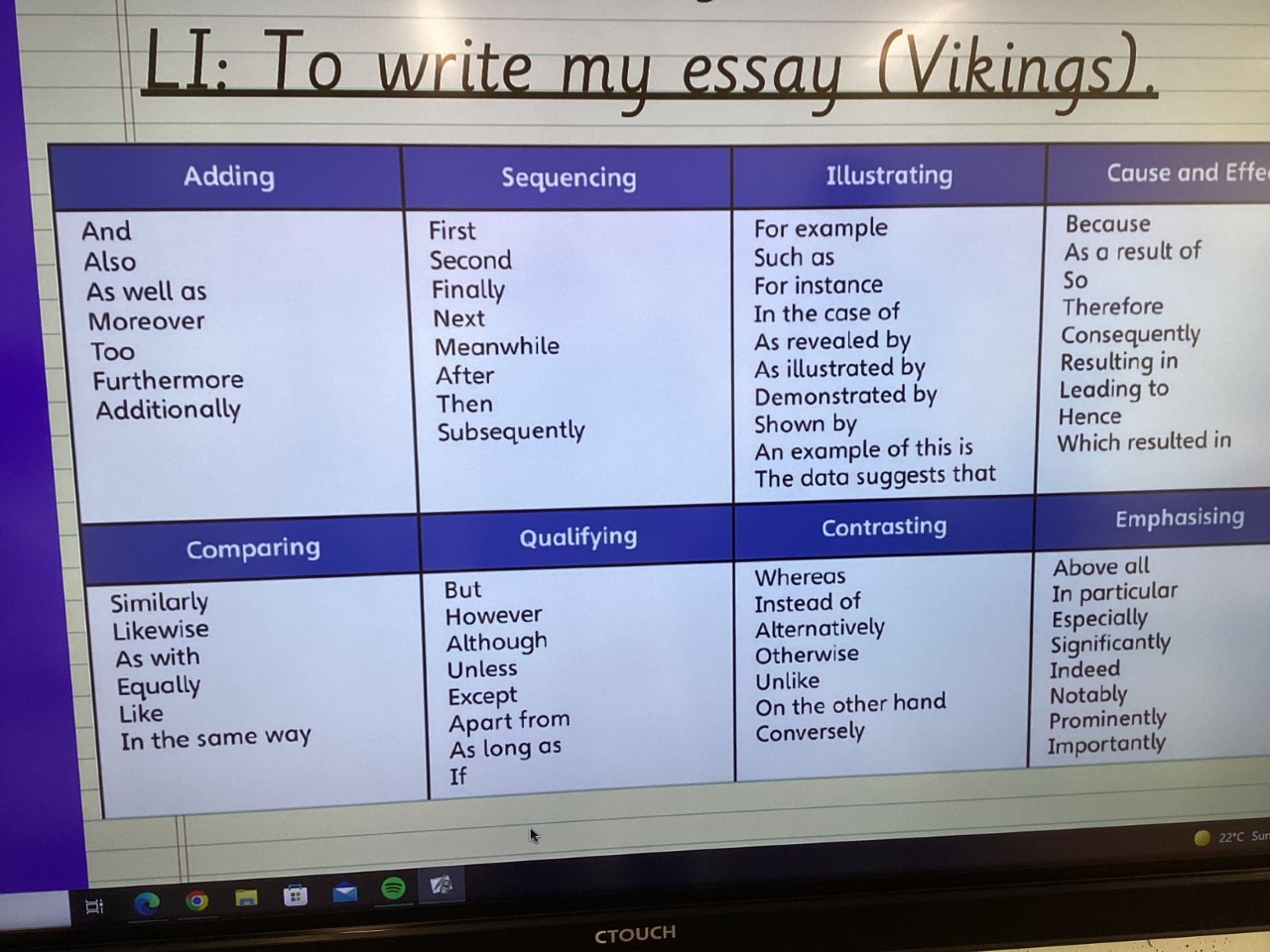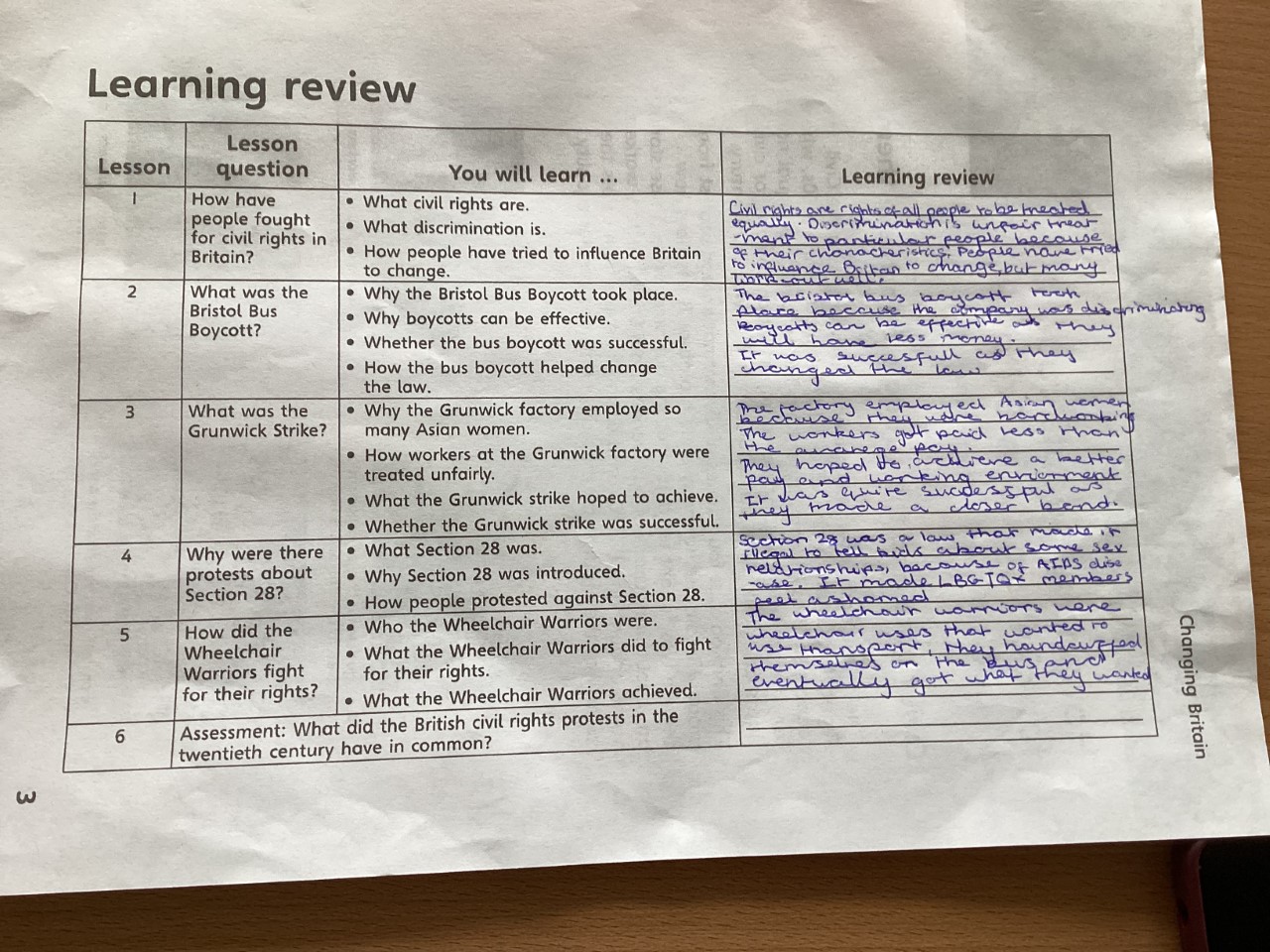History Curriculum Overview
| Year | 1 | 2 | 3 | 4 | 5 | 6 |
|---|---|---|---|---|---|---|
| Autumn | Transition | Chiswick History | Prehistoric Britain 700,000 BCE - 2,500 BCE |
Roman Britain 43AD |
The Kingdom of Benin 900 - 1897 |
Industrial Revolution 1760 |
| Spring | Living Memory (linked to reading curriculum) | The Great Fire of London 1666 |
Shang Dynasty 1600 BCE - 1046 BCE |
Anglo Saxons 450 |
Medieval Monarchs 1066 - 1485 |
Civil Rights 1954 - 1965 |
| Summer | Travel & Transport | How should we remember Pocahontas? 1596 - 1617 |
Ancient Greece 2500 BCE - 146 BCE |
Vikings 793 |
Changing Britain 1960s |
Twentieth Century Conflict |
Intent
The William Hogarth history curriculum gives pupils the chance to question and understand the past and make a difference to the future. Children will have a sense of time and learn the lessons of history so that they can apply them to the modern world and make a better one. We want children to formulate questions; articulate opinions; investigate sources and evidence; and become history makers.
Implementation
William Hogarth Historians learn how history has shaped and influenced people and societies from the beginning of time to today. History is learnt chronologically, drawing connections and contrasts through continuity and change. Key Stage 1 children are introduced to different historical periods to understand the passing of time. In Key Stage 2 ideas and historical concepts are returned to and developed further.
William Hogarth Historians are given an enquiry question to complete at the end of every unit that encourages concepts and arguments to be debated and explored. Children learn about a period of history or an historical event through a sequence of lessons in which they will gather opinions and knowledge to write a comprehensive essay to the enquiry question.
Key Stage 1 children look at changes within living memory and significant people, including the artist William Hogarth. They are introduced to significant historical events and develop an awareness of the vocabulary of the past. Children develop skills to ask and answer questions and are inspired to learn more as they move through the school.
Key Stage 2 children learn about the history of Britain and the wider world. They look at significant events that have effected modern and ancient societies; and periods of history that have shaped us as global citizens. William Hogarth Historians are able to draw connections and conclusions by learning about the past: ‘Changing Britain’ in Year 5 looks at discrimination and societal change in Britain whilst in Year 6 ‘Civil Rights’ looks at 1950’s America and the more recent Black Lives Matter movement
Impact

An Anglo-Saxons Home Learning Project. Completed at home with parents and then celebrated at the end of a topic during our Celebration of Learning Event.
 Children develop their vocabulary to use in their debates and discussions.
Children develop their vocabulary to use in their debates and discussions.
 Developing our writing skills across the curriculum
Developing our writing skills across the curriculum
 A Learning Review is completed at the end of each lesson to help children organise their thoughts and answer the final essay question.
A Learning Review is completed at the end of each lesson to help children organise their thoughts and answer the final essay question.
 A written essay is produced at the end of a topic to answer an enquiry question. Children use all the skills, knowledge and language gained throughout a sequence of lessons to inform and write their essay.
A written essay is produced at the end of a topic to answer an enquiry question. Children use all the skills, knowledge and language gained throughout a sequence of lessons to inform and write their essay.